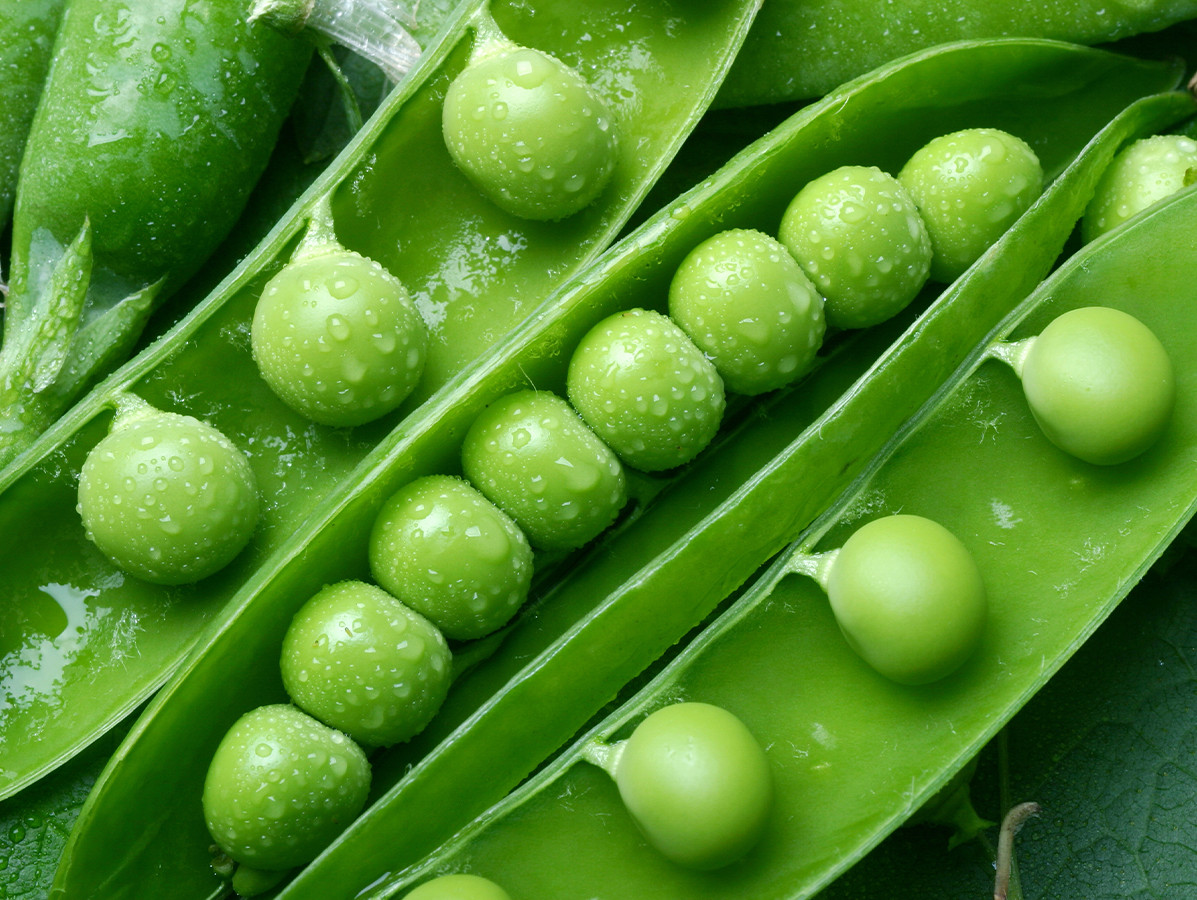
The European Commission (EC) is again allocating €38.1 million to the promotion of animal products under the scheme for information provision and promotion for agricultural products. The Green Protein Alliance (GPA) submitted the SuperlEgUme plan to stimulate the consumption of locally cultivated vegetable proteins. Despite a score of 71 - well above the required score of 60 - the proposal was not honoured.
In the light of current events, the non-acceptance of SuperlEgUme is all the more bitter. Europe is heading for a major shortage of vegetable protein. The association considers it necessary to change the current situation in which (European) subsidy instruments are insufficient to realise the ambitions of the Farm to Fork strategy.
The plans of the GPA, submitted together with its Flemish sister organisation Next Food Chain, focus on stimulating protein-rich crops grown in Europe, with a view to increasing the consumption of vegetable proteins. Jeroen Willemsen, founder of the GPA: "The strength of our plans lies in the fact that we make use of the joint reach and consumer knowledge of all our members and partners. Parties that reach all consumers together and offer them the food environment, the skills and the perspective needed to make the vegetable choice more often.
Since 2017, the GPA has been working through a variety of activities to stimulate demand for legumes, nuts and seeds, among others, as alternatives to meat and dairy. Figures for the period 2018 - 2021 show that volumes of supermarket sales of vegetable-based variations on meat and dairy rose by 75% and 54% respectively, while supermarket sales of meat and dairy fell by 7.1% and 4.6% respectively. Willemsen: "Now that vegetable products in all their forms are firmly established on the shelves, the bar has to be raised: the required protein-rich raw materials must be sourced as locally as possible. European, and preferably Dutch, farmers in particular, must be able to benefit from the growing demand.
Despite the rejection, the association has started to implement its plans. For example by means of retail pilots, with which the effects of behavioural interventions and supporting (promotional) activities in the shop are tested. In addition, the GPA is optimising Eiweet: a tool with which supermarkets can monitor the protein ratio between plants and animals in their range and sales.
Source: Green Protein Alliance